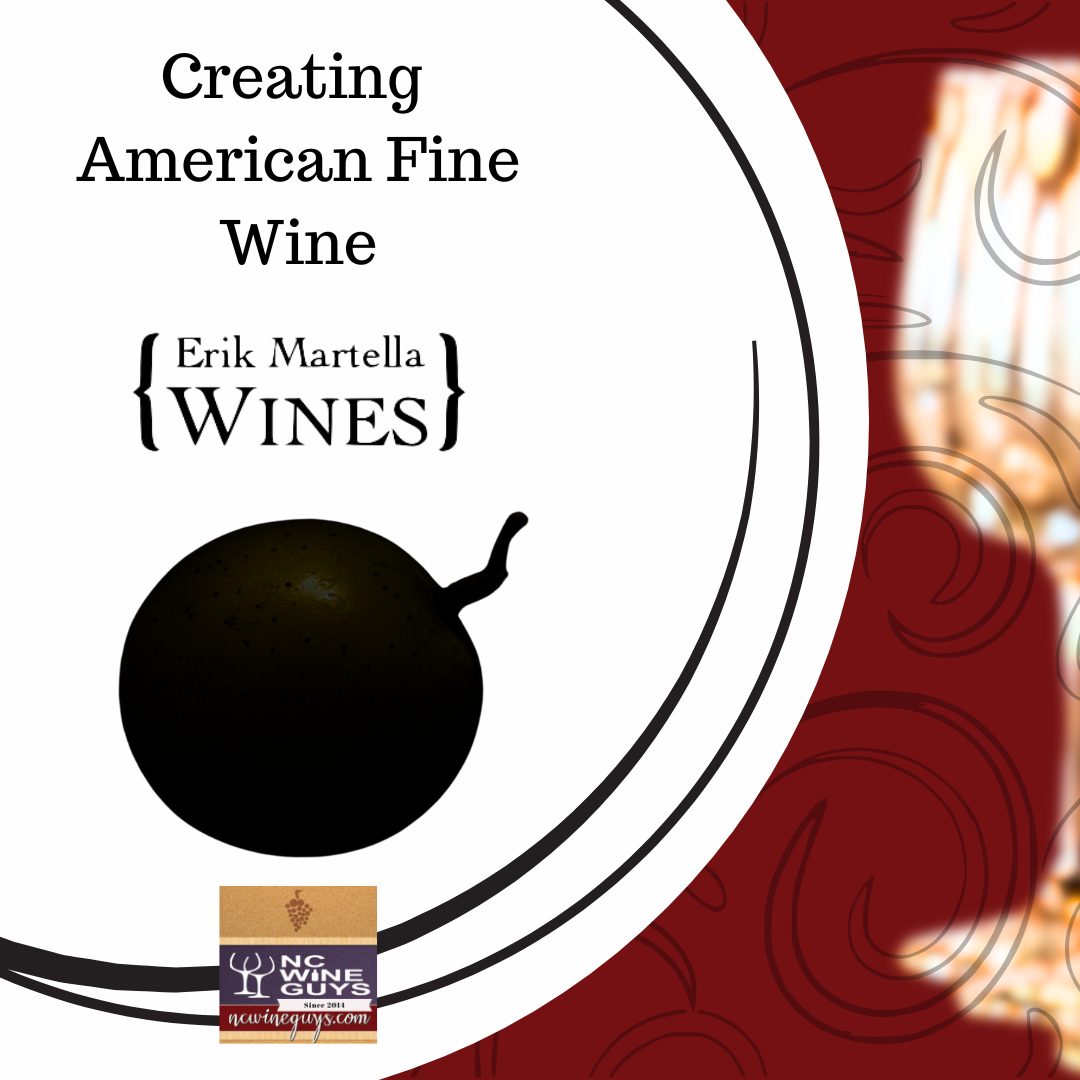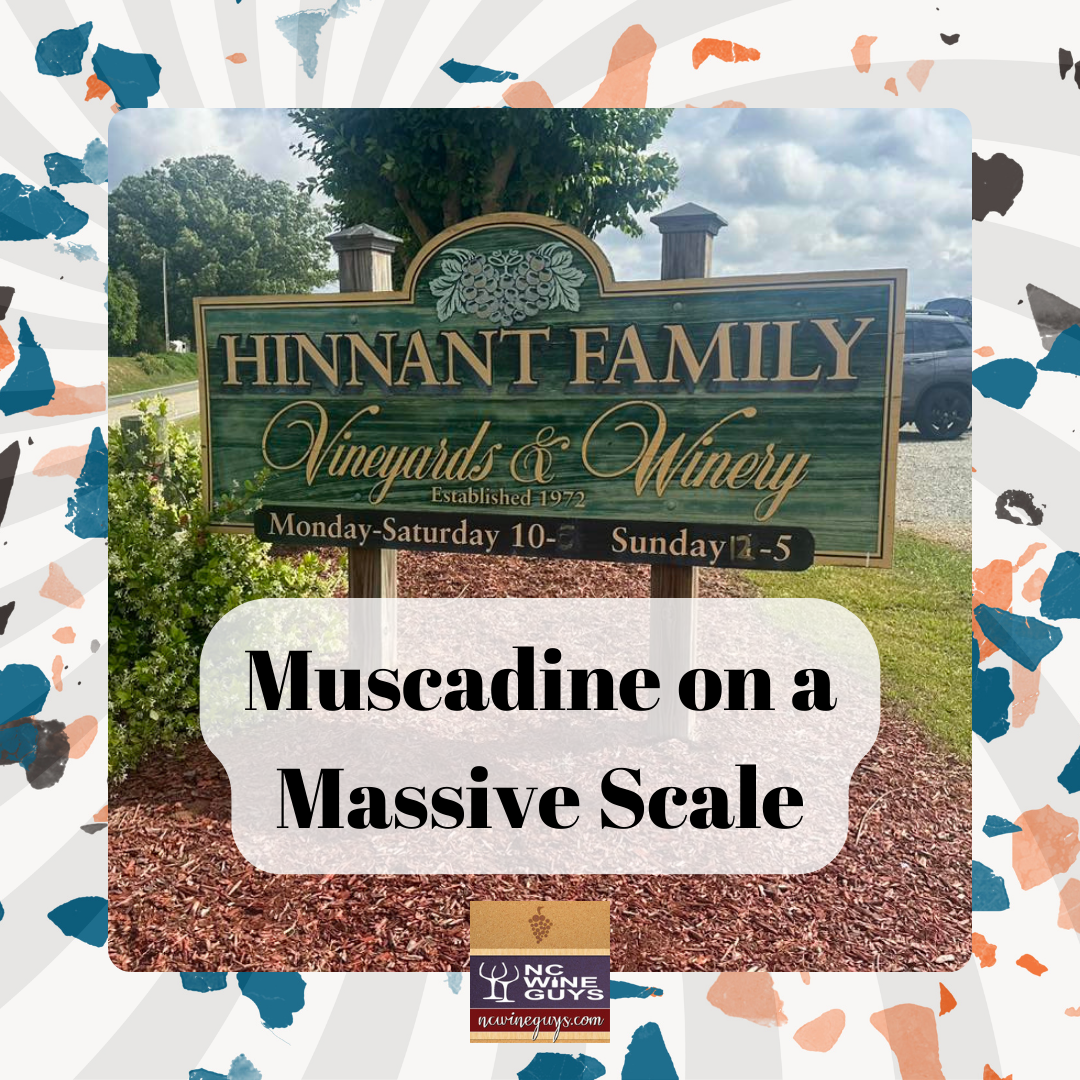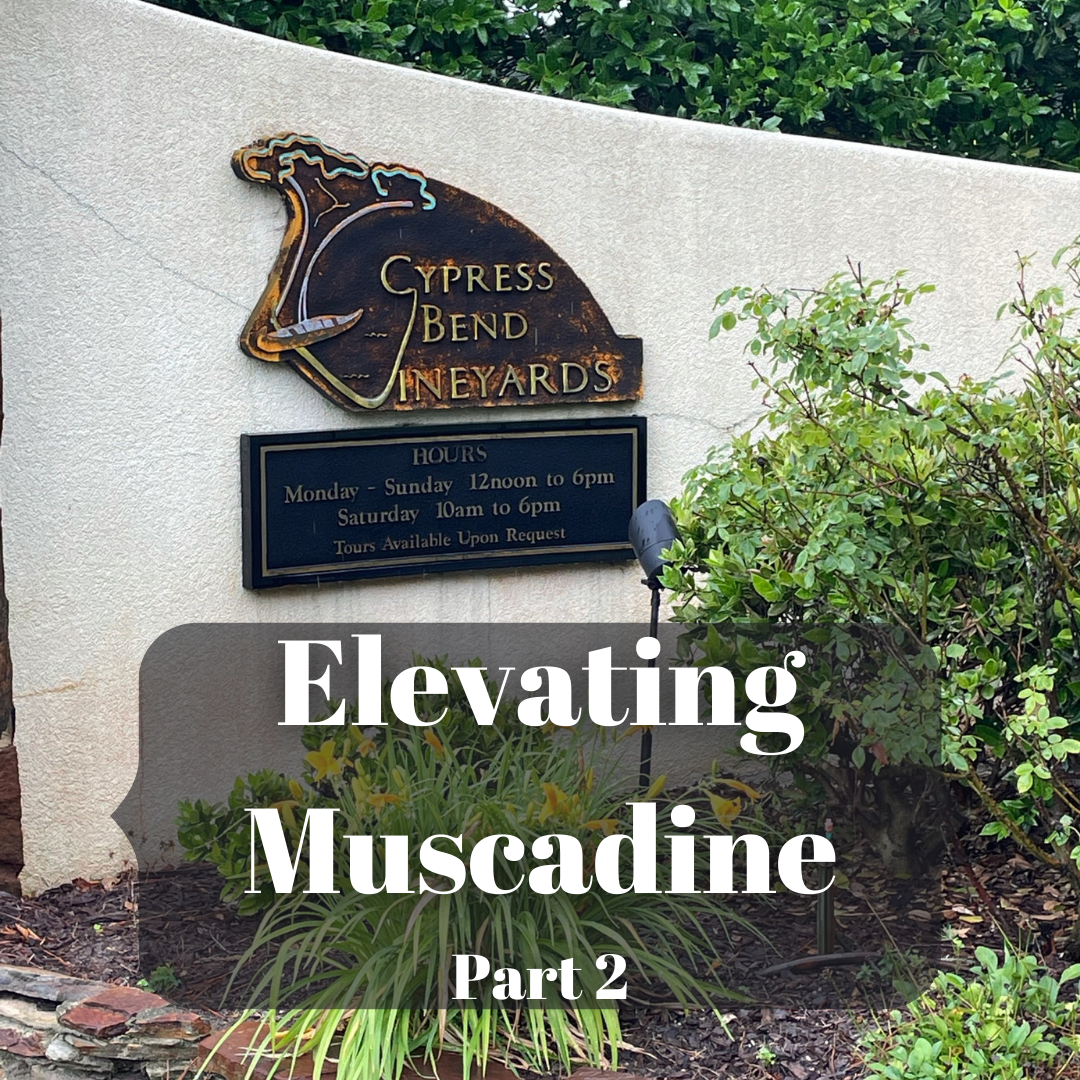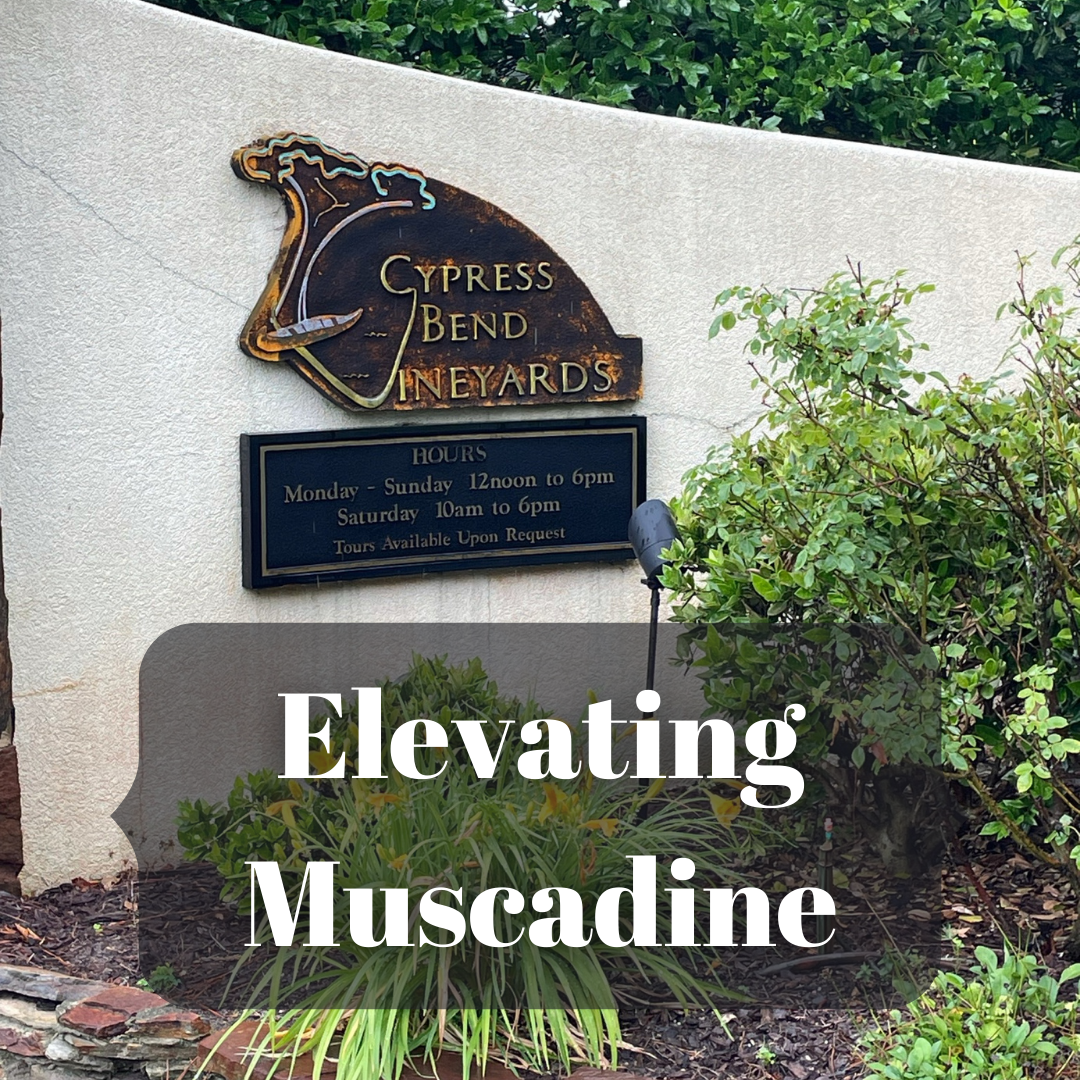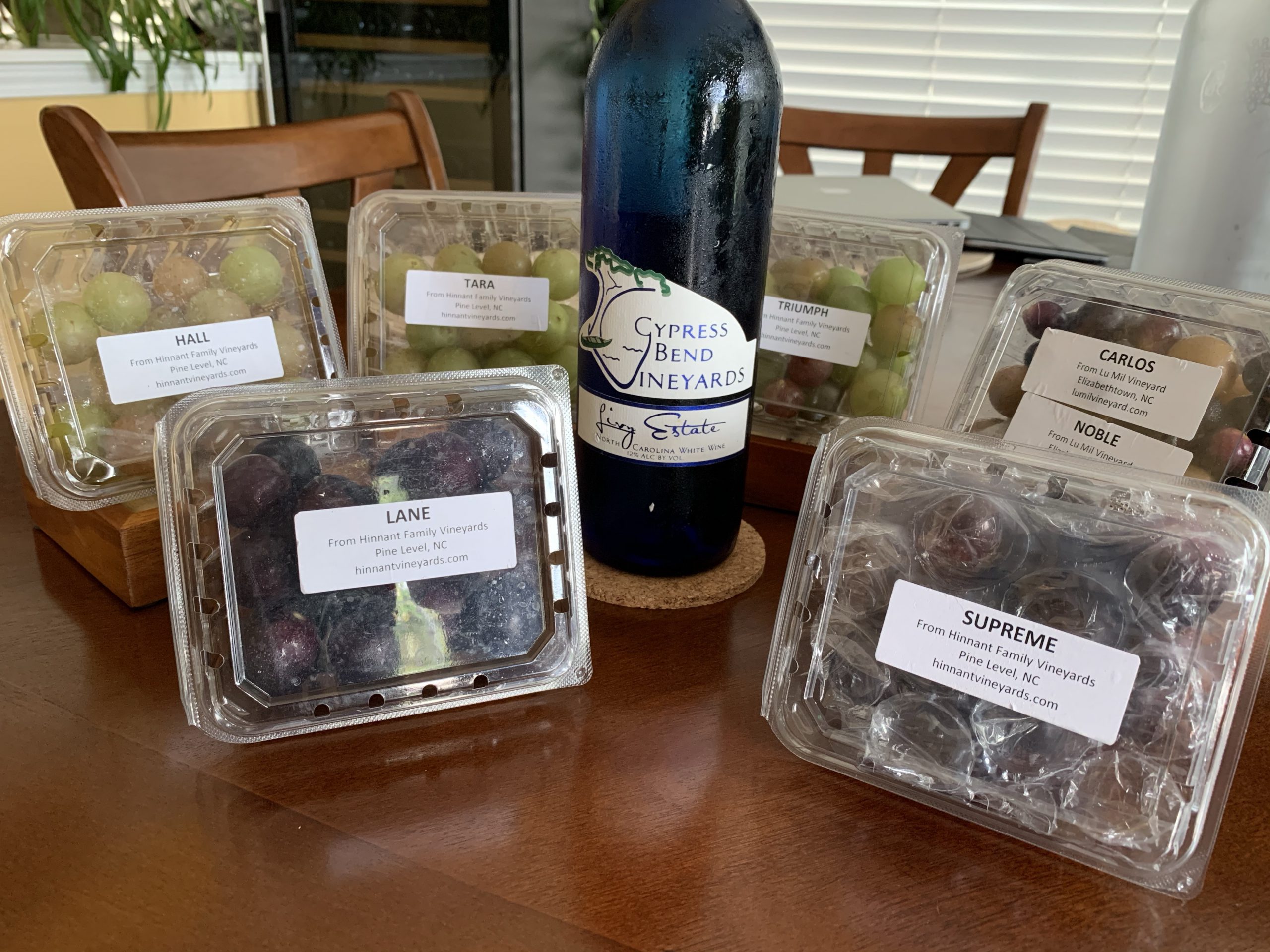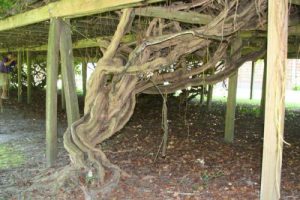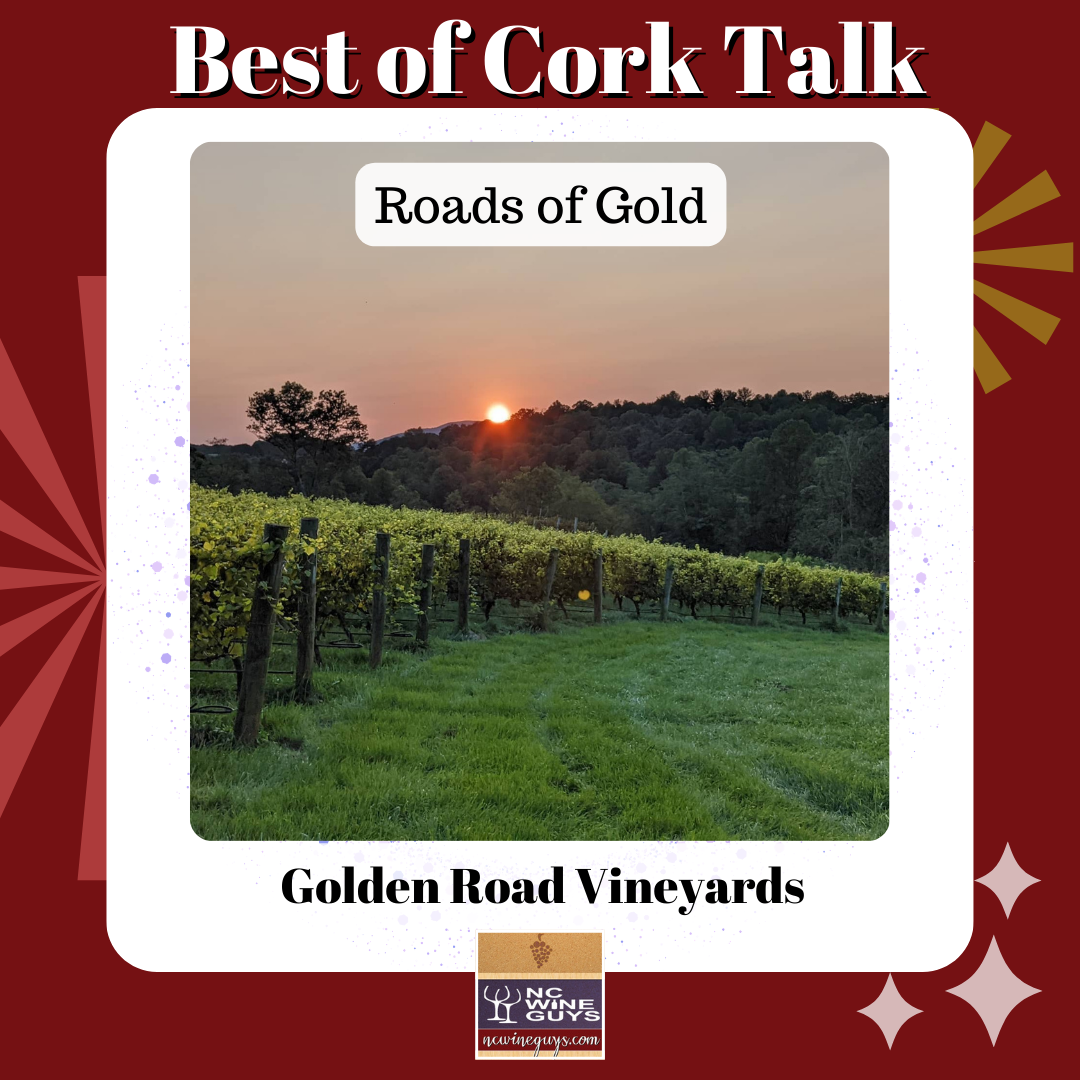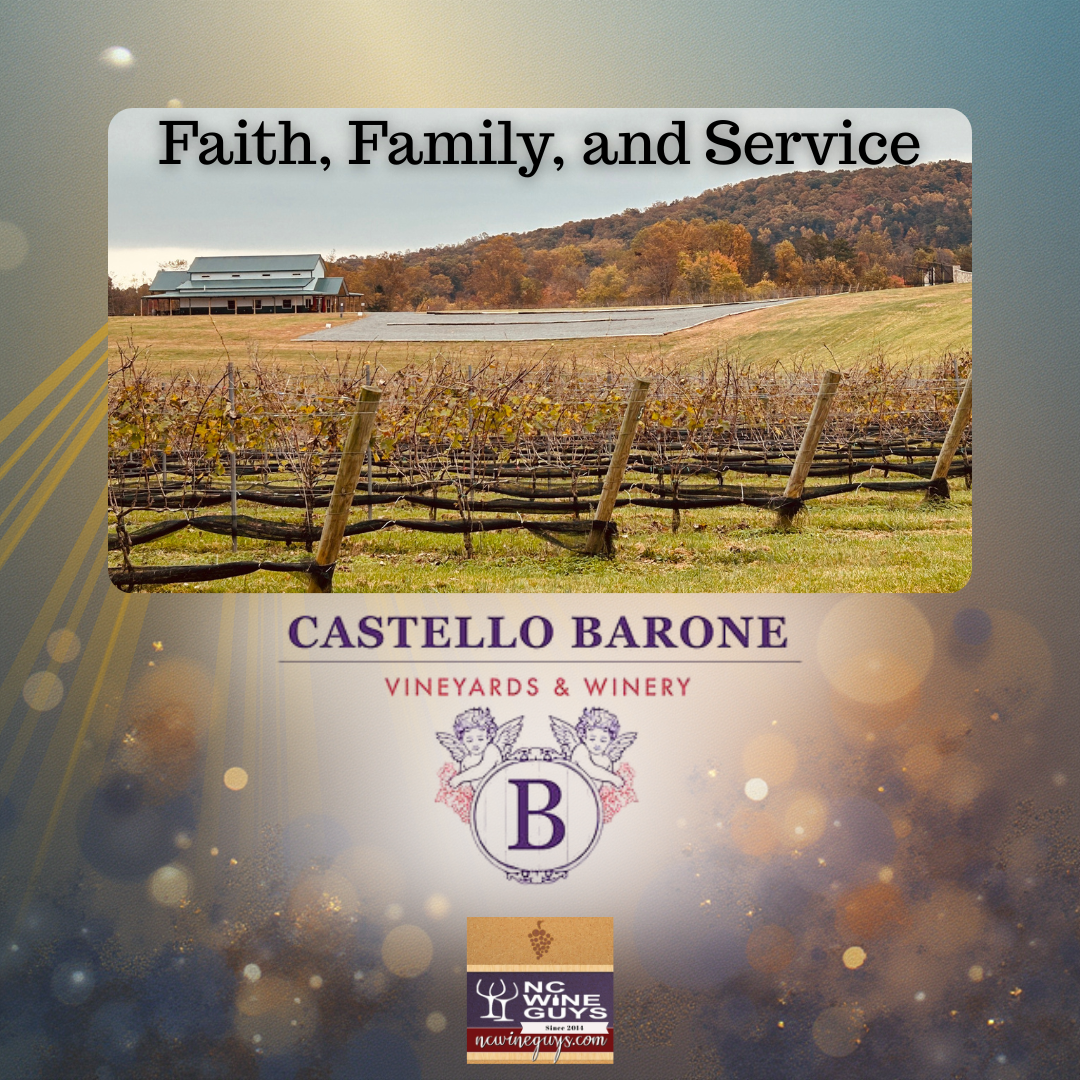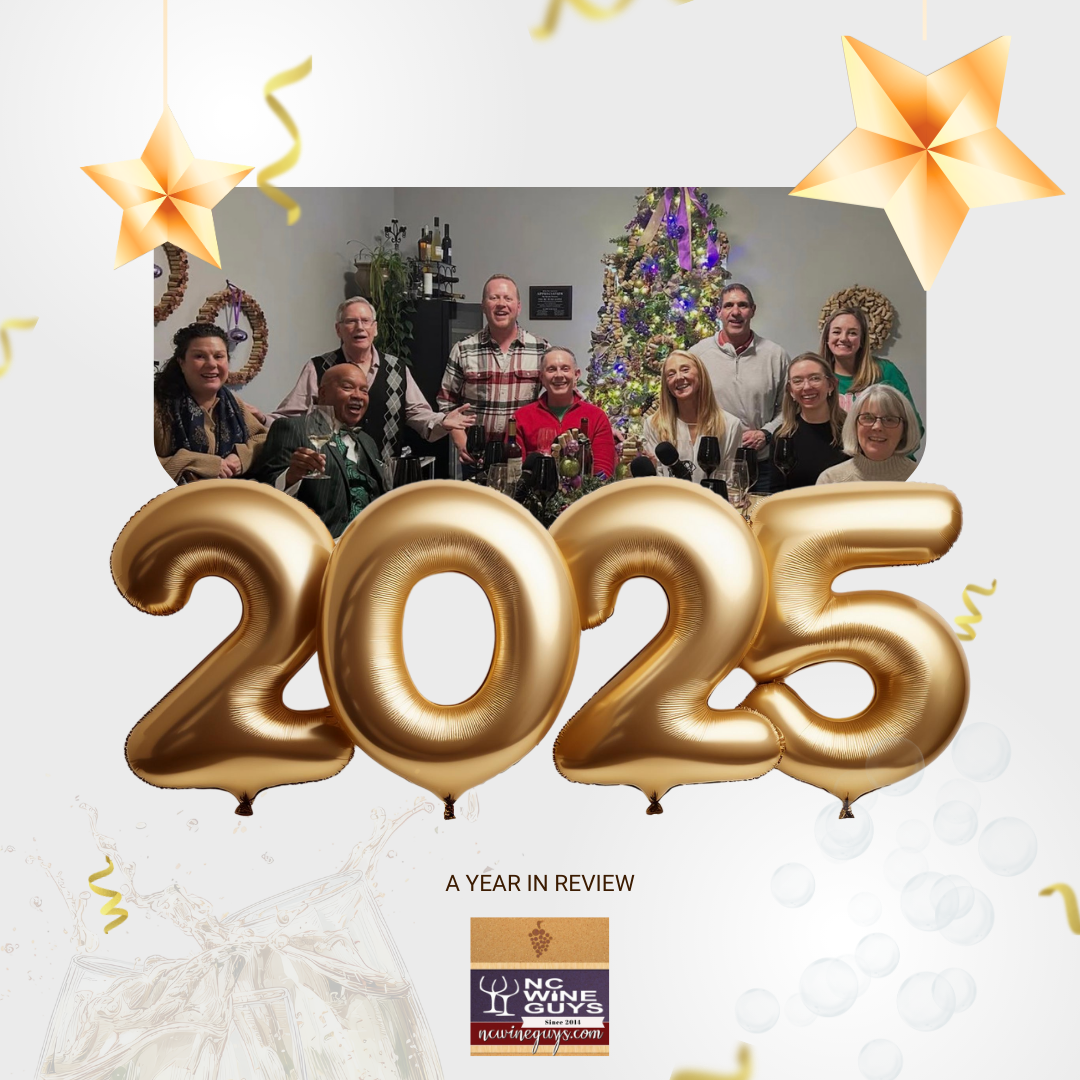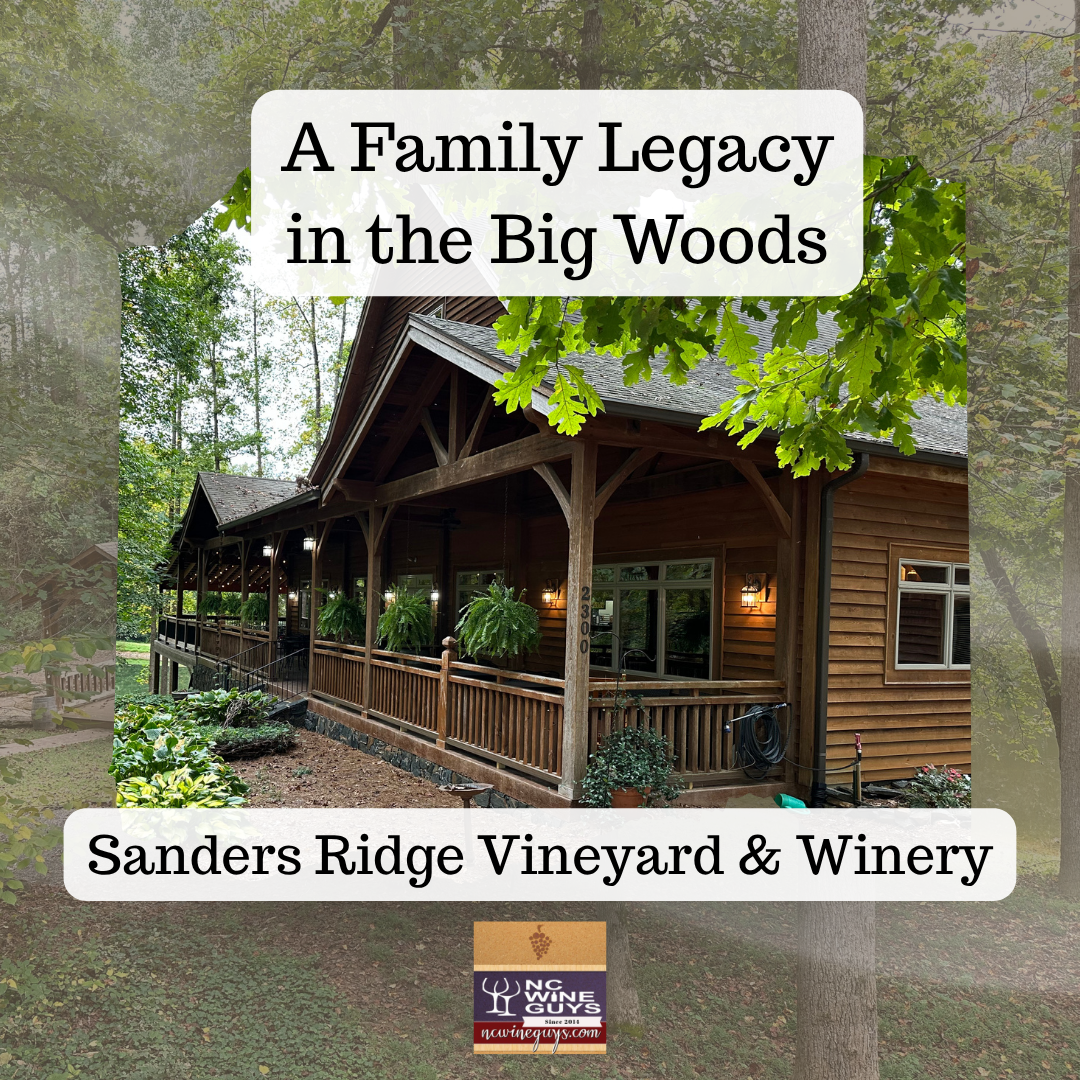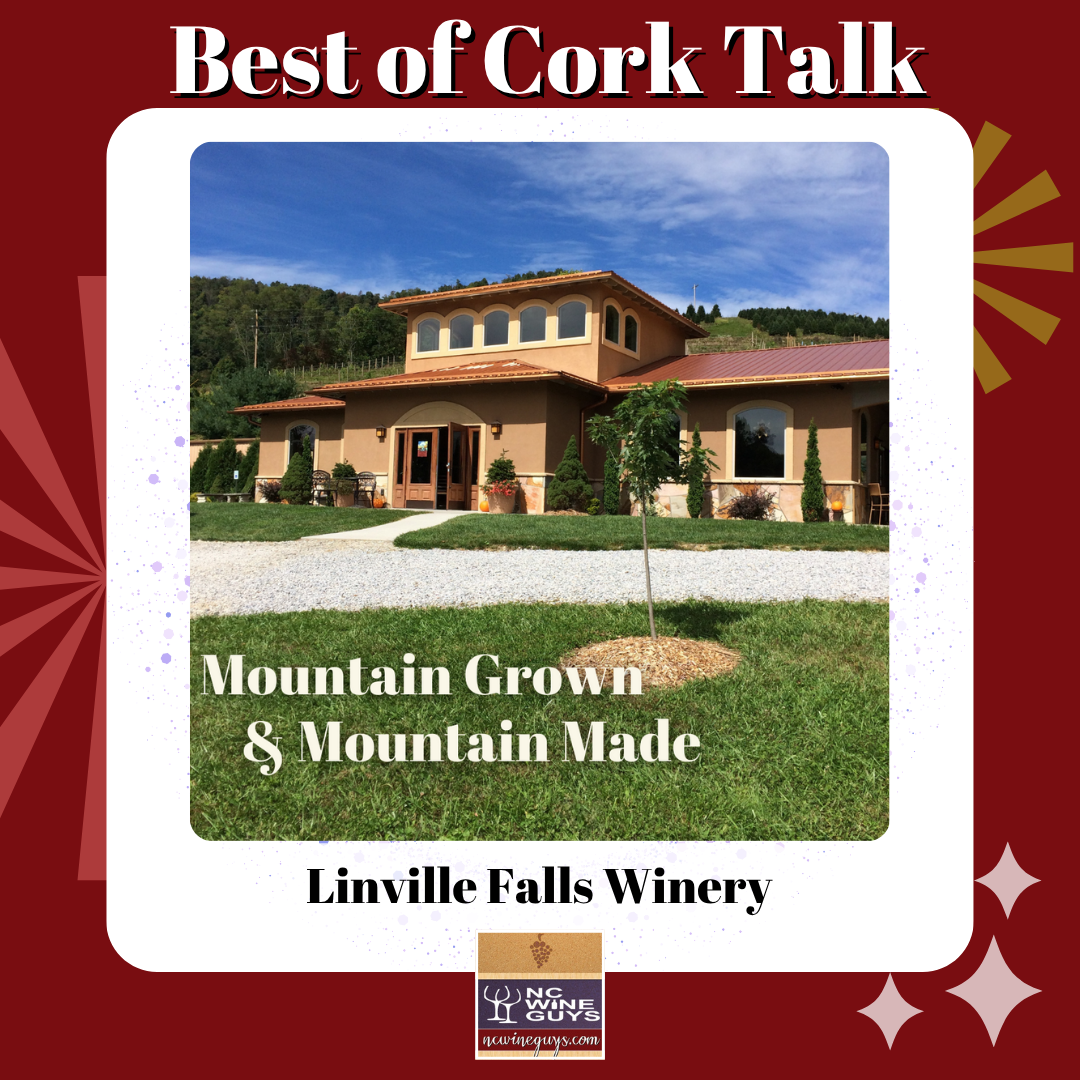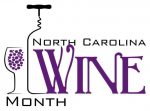Our first episode of our 7th season features Erik Martella from Erik Martella Wines! Erik has a formal education in chemistry and an extensive background in winemaking in California. When he moved to the Southeast, he became fascinated by the concept of creating uniquely American Fine Wine. This quest aims to break away from European grape standards and embrace native North American grape varieties.
Erik Martella is committed to exploring the Muscadine grape and pushing the boundaries of what Muscadine wine can be. He is elevating Muscadine wine by highlighting the unique qualities of the grape and focusing on small-batch production to emphasize innovation and change perspectives.
Wine Class with the Wine Mouths is back again! In this season, Jesse and Jessica will discuss the science behind winemaking. Join us in this episode as we discuss wine refractometers! For more information about the Wine Mouths, head to https://www.winemouths.com/ or find them on Facebook, Instagram and TikTok @Winemouths. The Wine Mouths theme was written and performed by Joshua Morris. You can find him at twitter.com/joshtimejosh.
If you like this episode, please leave us a rating and review. It really helps spread the word. Subscribing and sharing with a friend is another great way to support Cork Talk.
This episode was made possible in part by a grant from the North Carolina Wine and Grape Council. For more information, please visit https://www.ncwine.org

Podcast: Play in new window | Download
Subscribe: RSS

